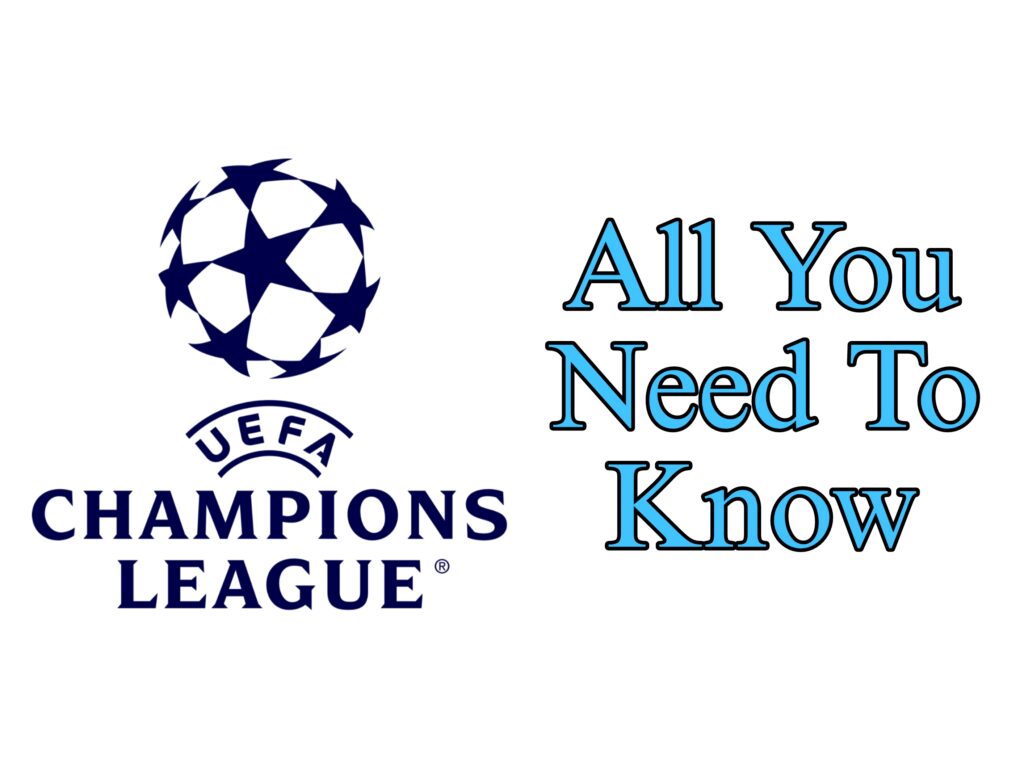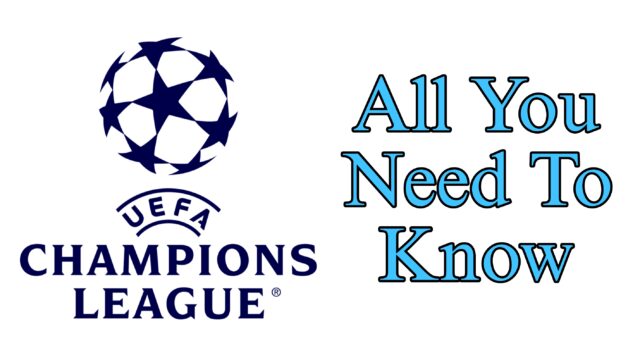The 17th edition of the UEFA European Championship will be hosted in Germany this year. This football tournament, which is also known as the UEFA EURO, is scheduled to be played from 14 June to 14 July. It is one of the biggest tournaments among all sports, and as we can see, fans’ excitement is rising day by day. From the venues to the schedule, here in this article, we are going to explore all you need to know about the UEFA EURO 2024.

Participating Teams
Because Germany is the hosting nation, they automatically qualified. Twenty teams qualified from groups, while three more will play in playoffs to fill the remaining spots. Newcomers include Albania, Serbia, and Slovenia. The major absentees were Sweden and Russia. Sweden, for the first time since EURO 1996, failed to qualify, while Russia was barred due to their country’s conflict with Ukraine. Here you can look at all the teams that have qualified for the EURO 2024:
Group A: Germany, Scotland, Hungary, Switzerland
Group B: Spain, Croatia, Italy, Albania
Group C: Slovenia, Denmark, Serbia, England
Group D: Play-off winner A, Netherlands, Austria, France
Group E: Belgium, Slovakia, Romania, Play-off winner B
Group F: Türkiye, Play-off winner C, Portugal, Czechia
Complete Schedule
Germany, which will be hosting the tournament, is in Group A with position A1. They will kickstart the tournament by playing the first match at the Munich Football Arena on 14 June. The final match will be held at Berlin’s Olympiastadion on 14 July. Here’s the complete schedule:
Group Stage:
- Friday, June 14
- Group A: Germany vs Scotland
- Saturday, June 15
- Group A: Hungary vs Switzerland
- Group B: Spain vs Croatia
- Group B: Italy vs Albania
- Sunday, June 16
- Group D: Play-off winner A vs Netherlands
- Group C: Slovenia vs Denmark
- Group C: Serbia vs England … (remaining group stage matches omitted for brevity)…
- Wednesday, June 26
- Group E: Slovakia vs Romania
- Group E: Play-off winner B vs Belgium
- Group F: Czechia vs Türkiye
- Group F: Play-off winner C vs Portugal
Round of 16:
- Saturday, June 29
- Match 37: 1st Group A vs 2nd Group C
- Match 38: 2nd Group A vs 2nd Group B
- Sunday, June 30
- Match 39: 1st Group B vs 3rd Group A/D/E/F
- Match 40: 1st Group C vs 3rd Group D/E/F
Quarter-finals:
- Friday, July 5
- Match 45: Winner Match 39 vs Winner Match 37
- Match 46: Winner Match 41 vs Winner Match 42
- Saturday, July 6
- Match 47: Winner Match 43 vs Winner Match 44
- Match 48: Winner Match 40 vs Winner Match 38
Semi-finals:
- Tuesday, July 9
- Match 49: Winner Match 45 vs Winner Match 46
- Wednesday, July 10
- Match 50: Winner Match 47 vs Winner Match 48
Final:
- Sunday, July 14
- Match 51: Winner Match 49 vs Winner Match 50
Host and Venues
West Germany has already hosted European Championship matches twice; the 1988 tournament was held here, and a few matches of the 2020 edition were played. This will be the third time Germany has hosted the tournament. For the first time, the competition will be held in what was formerly East Germany, with Leipzig as a host city.
In total, 10 venues have been shortlisted, including nine of the stadiums that were used at the 2006 World Cup and the Düsseldorf Arena. Here, you can take a look at the venues, the city they are located in, and their respective capacities:
| City | Stadium (Capacity) |
| Berlin | Olympiastadion Berlin (71,000) |
| Cologne | Cologne Stadium (43,000) |
| Dortmund | BVB Stadion Dortmund (62,000) |
| Düsseldorf | Düsseldorf Arena (47,000) |
| Frankfurt | Frankfurt Arena (47,000) |
| Gelsenkirchen | Arena AufSchalke (50,000) |
| Hamburg | Volksparkstadion Hamburg (49,000) |
| Leipzig | Leipzig Stadium (40,000) |
| Munich | Munich Football Arena (66,000) |
| Stuttgart | Stuttgart Arena (51,000) |
ALSO READ: What is the UEFA Champions League?

